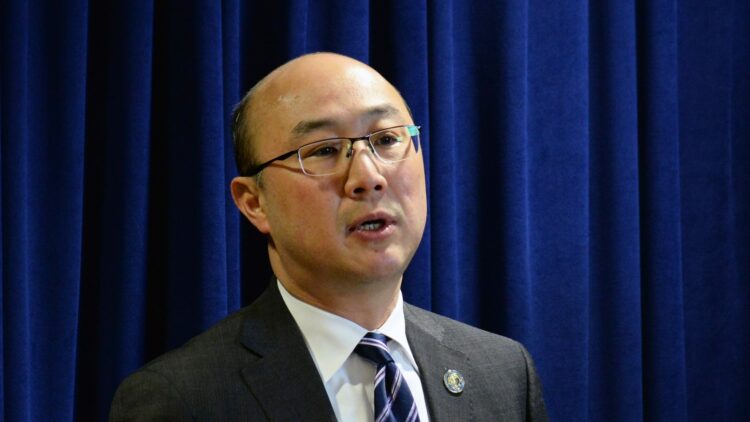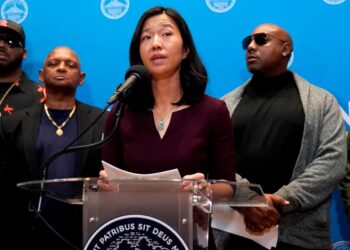John Choi, a prosecutor in Minnesota, has decided to enact reform in policing by refusing to pursue felony cases arising from traffic stops.
Choi, the prosecutor for Ramsey County, sought a way to end the racial disparities in Minnesota traffic stops. His new policy, which he called a nation-leading collaboration between the county and the cities within its borders, was created to build trust between law enforcement and the communities of color they patrol, reported Star Tribune.
Minnesota’s problems with policing really came to light in 2016 when Philando Castile, who was in the passenger’s seat, was shot and killed by police officer Jeronimo Yanez after he and his girlfriend were stopped for a broken tail light. Choi went on to charge Yanez with manslaughter.
However, in 2003, the Council on Crime and Justice studied racial disparities in traffic stops in 65 Minnesota jurisdictions and the evidence of racism was clear. At the time, Black drivers were stopped 214 percent more than expected, while white drivers were stopped 13 percent less than expected.
The police have also demonstrated a higher likelihood of performing pretextual traffic stops on Black drivers. Pretexual stops are when the police pull over a driver for a minor offense in order to investigate them for a larger offense.
Choi’s method will disincentivize these stops, much to the chagrin of the Minnesota Police and Peace Officer Association; the same body that provided legal defense for Derek Chauvin.
— Minnesota Police and Peace Officers Association (@MNPoliceAssn) September 8, 2021
“That absurd and is a slap in the face to victims of crime,” the statement reads in part.
However, Urban Institute found that traffic stops have little to do with public safety. By the numbers, traffic stops are relatively harmless for officers but not for certain citizens. Further, they are a poor method of deterring more serious crimes.
With police departments tying traffic stop quotas to officer pay in some instances and traffic fines being budget boosters for departments and cities, Choi’s police reform plan can only improve the instance of unjust and racist stops.















